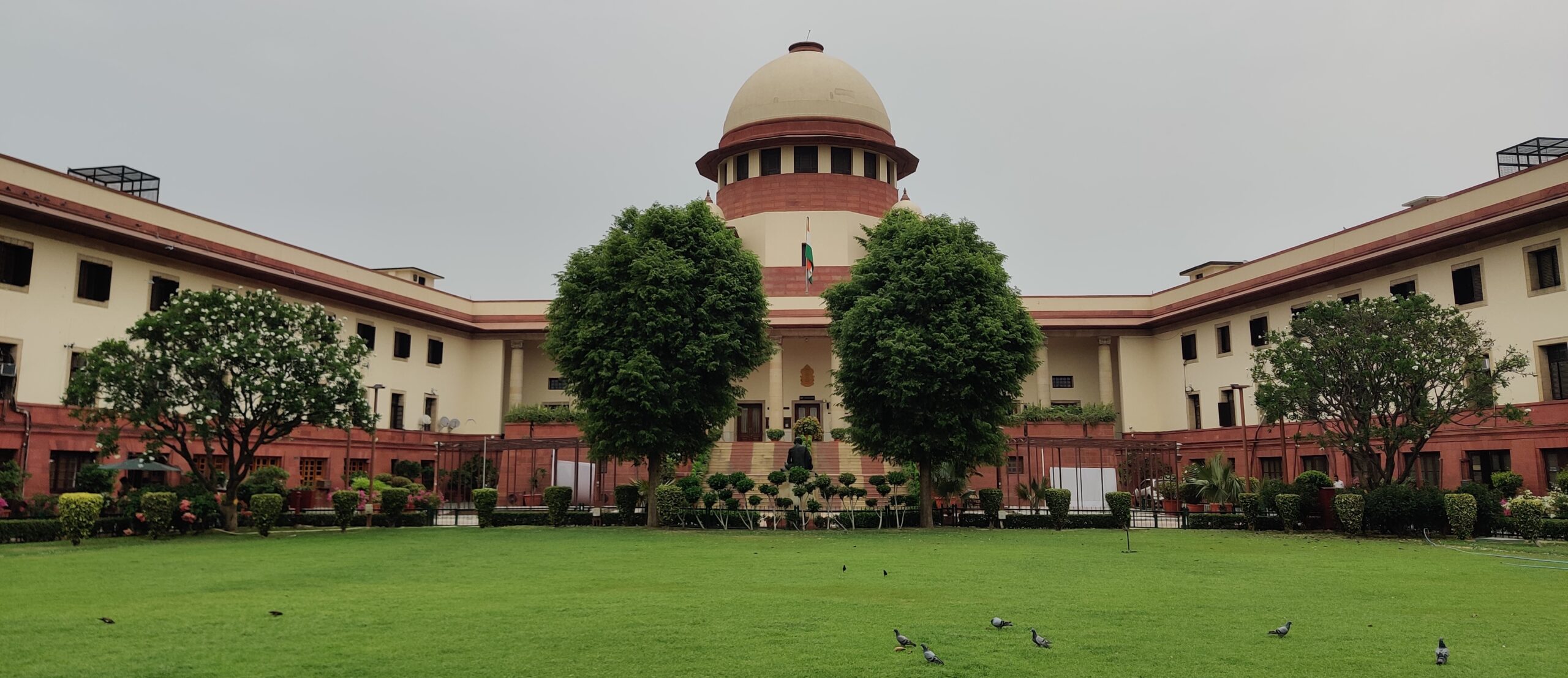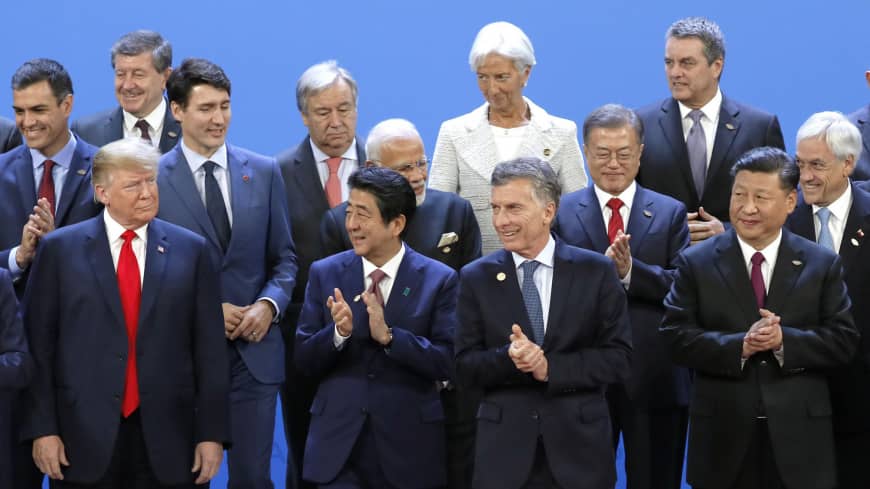A charter bench of the Supreme Court has stated that the essential rights in Article 19 and 21 of the charter are enforceable even in opposition to different persons, and now no longer simply the nation and its instruments.
A bench of Justice V. Ramasubramanian, who authored the judgment, and Justices S. Abdul Nazeer, B.R. Gavai, and A.S. Bopanna, held that the authorities had the obligation of shielding residents from each the nation and non-nation actors while it got here to Article 21. Justice B.V. Nagarathna dissented.
The majority judges referred to that the apex courtroom docket has improved Article 21 to consist of health, surroundings and the rights of prisoners amongst others, in step with LiveLaw.
The bench referred to A.K. Gopalan v. State of Madras, a case wherein the apex courtroom docket whilst listening to a petition in opposition to the preventive detention of the communist leader, stated that beneathneath Article 21, which protects existence and private liberty, no courtroom docket desires to use a due technique of regulation standard.
The authentic wondering that those rights may be enforced handiest in opposition to the nation, modified over a length of time. The transformation become from `nation` to `authorities` to `instrumentalities of nation` to `business enterprise of the authorities` to `impregnation with governmental character` to `leisure of monopoly fame conferred with the aid of using nation` to `deep and pervasive control` to the `nature of the duties/capabilities performed`,” Justice Ramasubramanian is quoted with the aid of using LiveLaw as having stated.
The decide quoted key judgments to affect that “petty linguistic details” want now no longer be paid undue significance to. It referred to that withinside the landmark judgment of Justice K.S. Puttaswamy (Retd.) v. Union of India which upheld the proper to privacy, people had been blanketed in opposition to interference with the aid of using the nation and non-nation actors as well.
LiveLaw reviews that Justice Nagarathna, in her dissent judgment, highlighted the “realistic issue of allowing such constitutionally consecrated rights to perform in opposition to non-public people and entities.”
Such horizontal utility of essential rights beneathneath Articles 19 and 21 may be permitted “handiest if the essential variations among a essential proper and the congruent not unusualplace regulation proper, the occurrence of obligation to admire every of such kinds of rights, and the discussion board which could be referred to as upon to adjudicate at the failure to admire every of such rights had been ignored,” she stated.
A non-public frame in its non-public ability can’t be “axiomatically amenable to the claims of essential rights violations,” she stated.In such cases, writ courts which do now no longer address essential rights could additionally must address disputes that problem such questions, she stressed.



